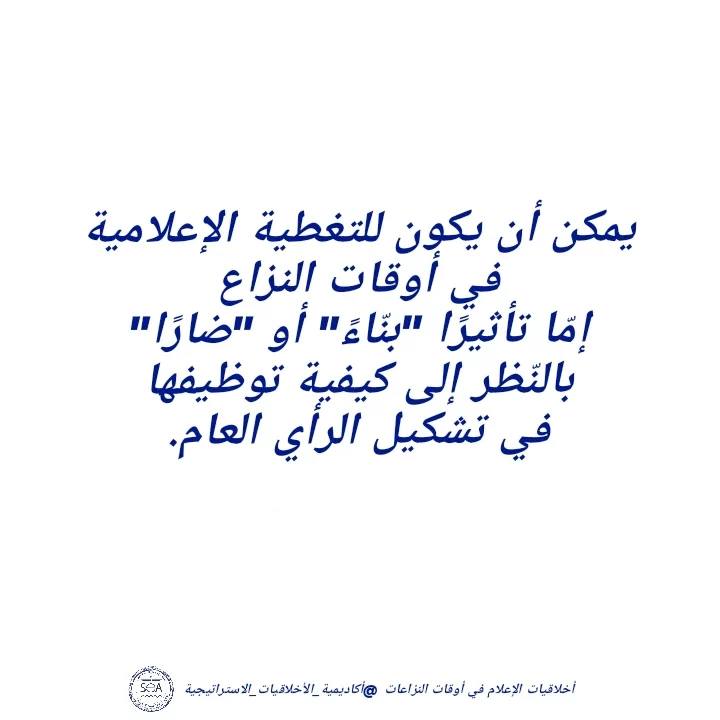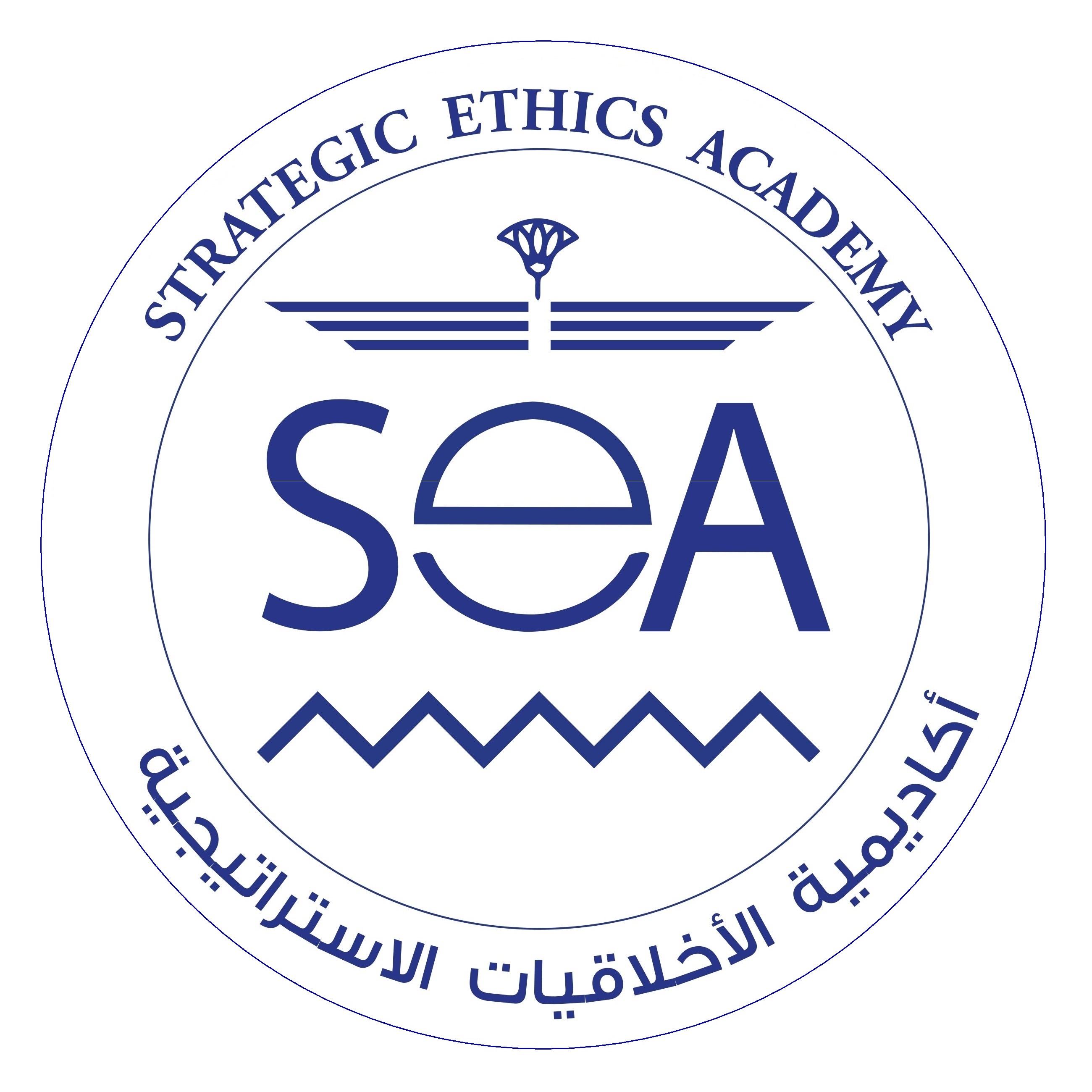

Media coverage can have consequential influence on public perception by the way it frames the conflict. Media is capable of garnering public support when framing the conflict as a necessary intervention, or “just war”, and adversely, it can generate public opposition if it’s framed as an unjust war or illegitimate intervention or an act of aggression.
In the same context, irresponsible, biased or sensationalized media coverage in times of armed conflict is capable of shaping public opinion. It could be utilized as a tool for propaganda, misinformation, and hate speech, by which it would be targeted towards inflaming tensions, perpetuating stereotypes and polarizing societies; thus making peacebuilding and conflict resolution more challenging.
To this fact, the role of responsible media coverage, ethical journalism and media literacy in times of conflict is of paramount importance, to which it would promote moral understanding and public empathy and humane considerations, by which peaceful dialogue and reconciliation are facilitated.
